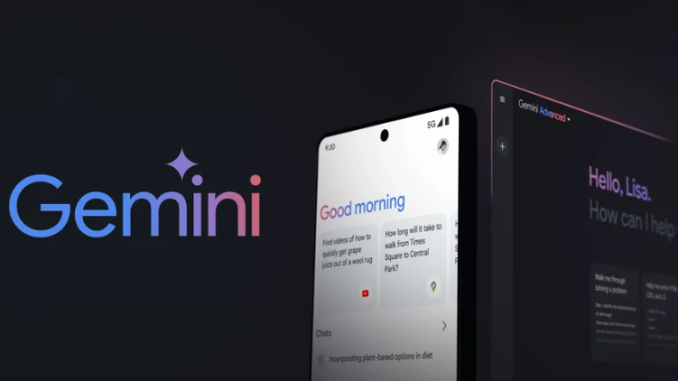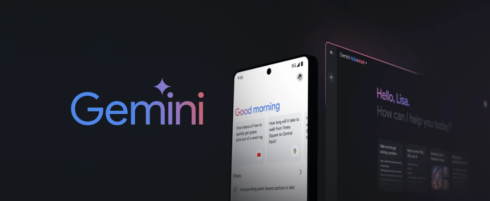


Google has announced that it is rebranding its AI search assistant Bard to Gemini, which is a multimodal AI model that the company announced at the end of last year.
“Our mission with Bard has always been to give you direct access to our AI models, and Gemini represents our most capable family of models. To reflect this, Bard will now simply be known as Gemini,” Sissie Hsiao, vice president and general manager of Gemini experiences and Google Assistant, wrote in a blog post.
Now, users are able to converse with Gemini to get answers to their questions. It is currently using the Pro 1.0 model and includes 40 languages and is available in over 230 countries.
In addition to renaming Bard, Google announced other new updates in the Gemini family. It launched Gemini Advanced, which will be available in the new Google One AI Premium Plan for $19.99 per month.
Gemini Advanced uses the Ultra 1.0 model, unlocking advanced use cases like complex coding, logical reasoning, following nuanced instructions, and collaborating creatively.
Google also started rolling out new Gemini experiences on both Android and iOS. On Android, there will be a new Gemini app that can either be downloaded as a standalone app or you can opt-in through Google Assistant. It has been integrated with Google Assistant so that when you prompt the Assistant to open, it will now display a new overlay that allows them to access Gemini. This will enable use cases like asking Gemini to write a caption for a photo you just took or ask a question about an article you’re reading.
Likewise, the Gemini app can be used to access standard Google Assistant tasks like setting timers, making calls, and controlling smart home devices.
On iOS, Gemini is being added into the existing Google app. You will be able to trigger Gemini by toggling on the Gemini option in the app.
The app is beginning to be rolled out to U.S. customers today and will be fully available within the next couple of weeks, Google says.
“With Gemini on your phone, you can type, talk or add an image for all kinds of help while you’re on the go: You can take a picture of your flat tire and ask for instructions, generate a custom image for your dinner party invitation or ask for help writing a difficult text message,” Hsiao wrote. “It’s an important first step in building a true AI assistant — one that is conversational, multimodal and helpful.”

